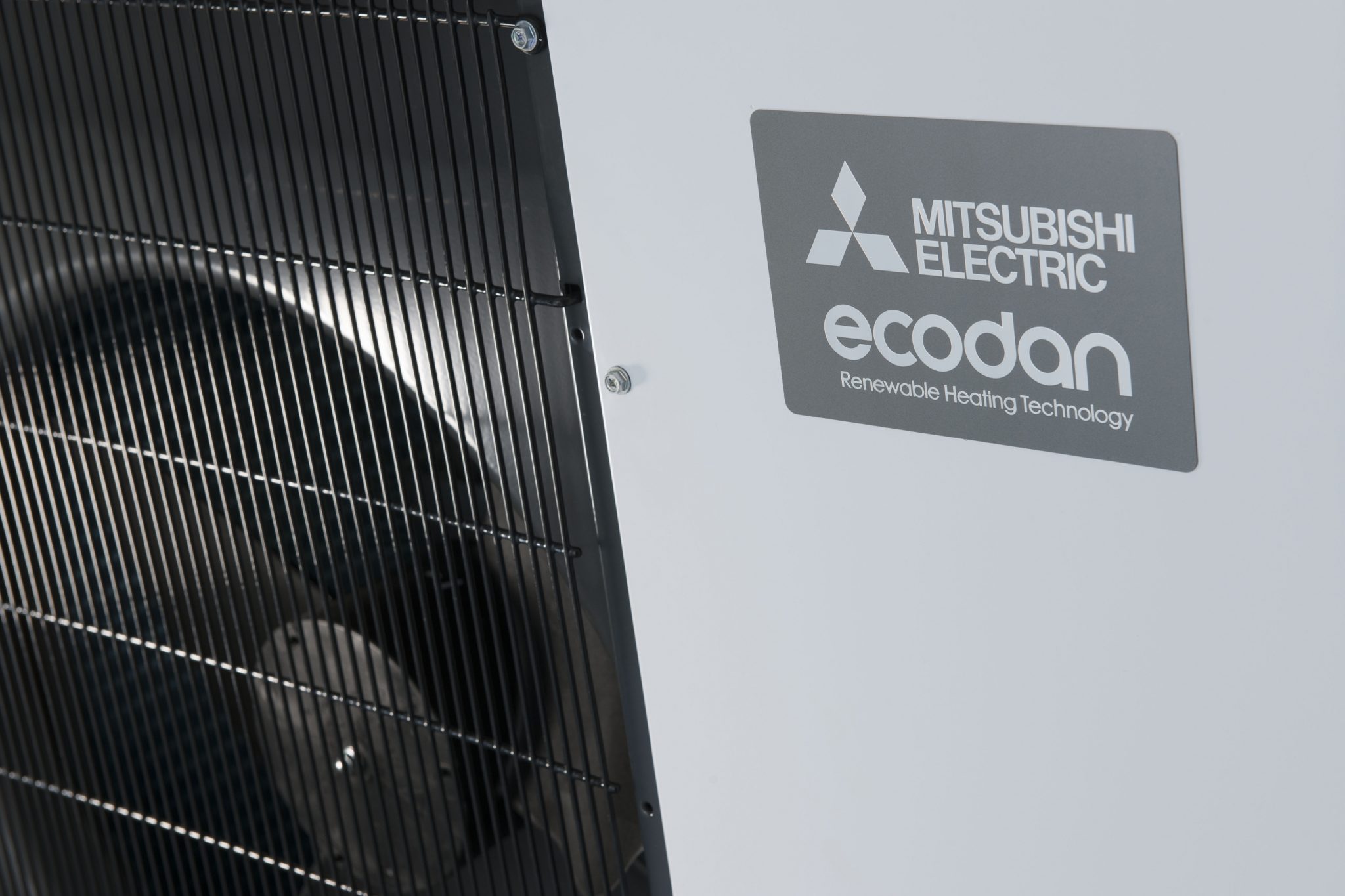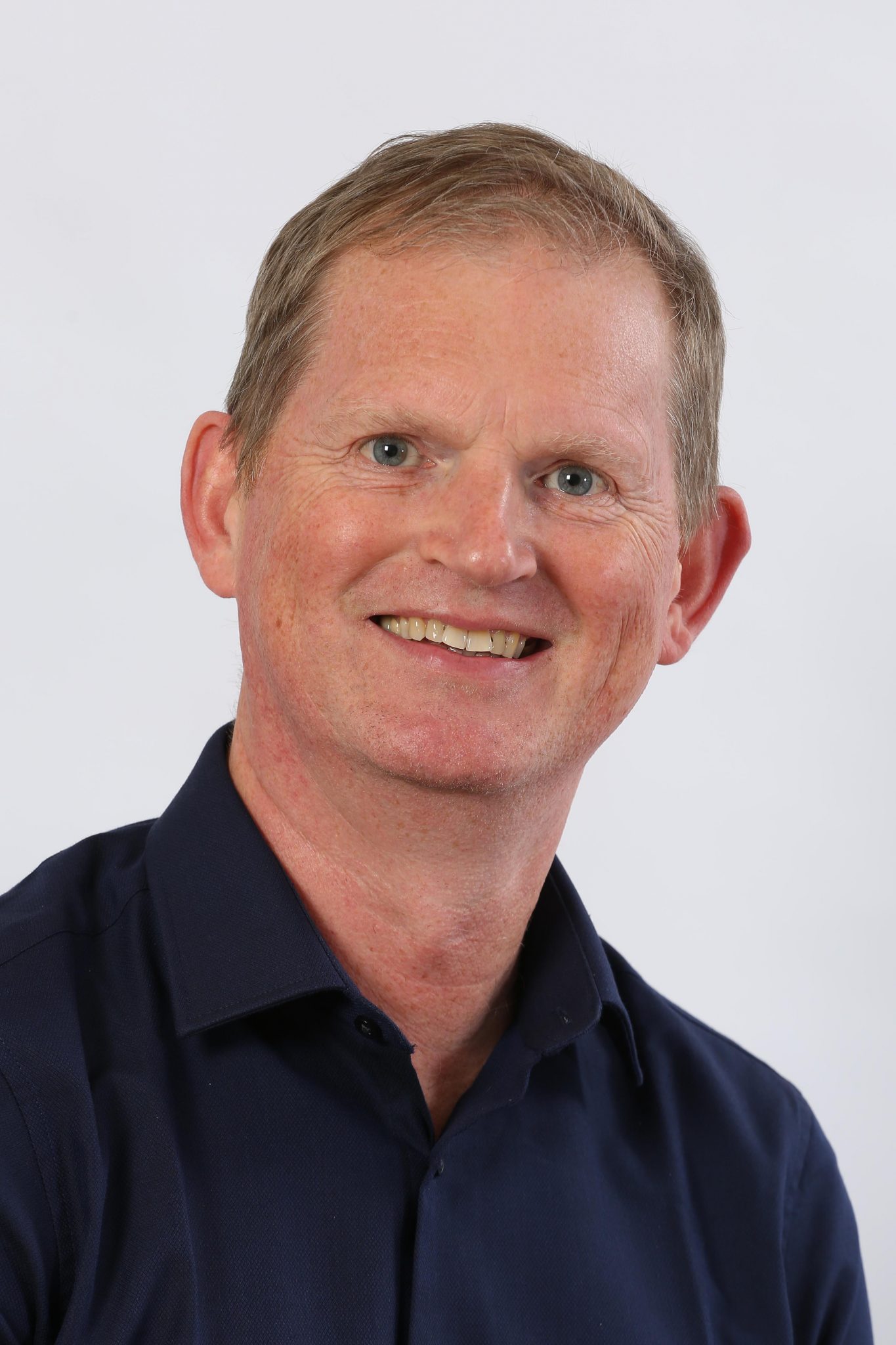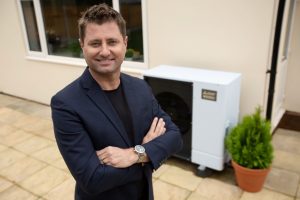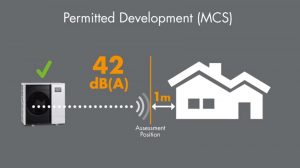
As heat pumps become more common as the primary source of heating for homes, Max Halliwell explores why it’s not just performance you need to look at
The government has recognised how important air source heat pumps will be for the future of low carbon heating in the UK and is forecasting one million sales a year by 2030.
At the same time a recent report from the Committee on Climate Change called ‘UK housing: Fit for the future?’ is demanding that from 2025, new homes should not be connected to the gas grid, with gas boilers being banned in all new-build within the next six years.
One of the key areas that will affect adoption of renewable, energy-saving air source heat pumps though is noise, to ensure neighbours aren’t disturbed, which is why permitted development exists. In the residential environment, sound is important because low sound increases the flexibility of where a heat pump can be positioned.
Permitted Development requires sound levels to meet certain limitations, with the sound pressure level not exceeding 42 decibels, dB(A) when measured at a point one metre away from the neighbour’s nearest door or window.
“That is exactly why we as a manufacturer have looked beyond performance and focused heavily on developing some of the quietest units ever available,” explains Max Halliwell, communications manager for renewable heating at Mitsubishi Electric.
The company’s innovative and stylish Ultra Quiet Ecodan has just been awarded the ‘Domestic HVAC Product of the Year – Heating Units’ at the H&V News Awards. According to the judges, the focus on low noise levels coupled with the attention to design and performance were key factors in Ecodan’s success.
This industry recognition joins the recent win at the ACR News Awards, being Highly Commended in the ACR Journal & Heat Pump Awards and shortlisted in two other industry awards.
Ultra Quiet Ecodan is the latest market-leading air source heat pump from Mitsubishi Electric, and provides reliable, renewable heating and hot water production for a wide range of installations. The system is available in 8.5kW and 11.2kW sizes with market-leading sound levels that are three times quieter than previous models.
With a sound pressure level of just 45 dB(A), Ultra Quiet Ecodan makes passing Permitted Development requirements much easier.
“As heat pumps are adopted in more homes to help meet the government’s target of one million installations a year by 2030, noise will become an increasingly important factor,” adds Halliwell.

Sound power can be thought of as the cause of a noise or the total sound energy emitted by a source in all directions, whereas sound pressure is the effect or the sound we hear and this is determined by the environment and by the distance from the source of sound. We think of this as the intensity or loudness of a sound. An ambulance registers 120 dB(A) whereas a vacuum cleaner registers around 73 dB(A) and typical room conversation comes in at around 60 dB(A).
“With a sound pressure level of just 45 dB(A), the new Ecodan is whisper-quiet, with levels just above that of a library, meaning it will pass the Permitted Development requirements easily and can be installed almost anywhere to suit the home,” explains Halliwell.
“This is a result of a decade of manufacturing Ecodan in Scotland and we have used this knowledge and experience to refine Ecodan and design it specifically for UK residential use.”
Innovations in fan and compressor design have enabled the units to achieve such low levels of sound whilst increasing performance and efficiency. Both models in the range (PUHZ-W85VAA and PUHZ-112VAA) are A++ ErP rated and also available with coastal protection for areas where they can be exposed to saline.
Further details on the performance of the units including a short animation on the importance of sound levels in achieving Permitted Development can be found at the dedicated website https://ultraquietecodan.co.uk.


